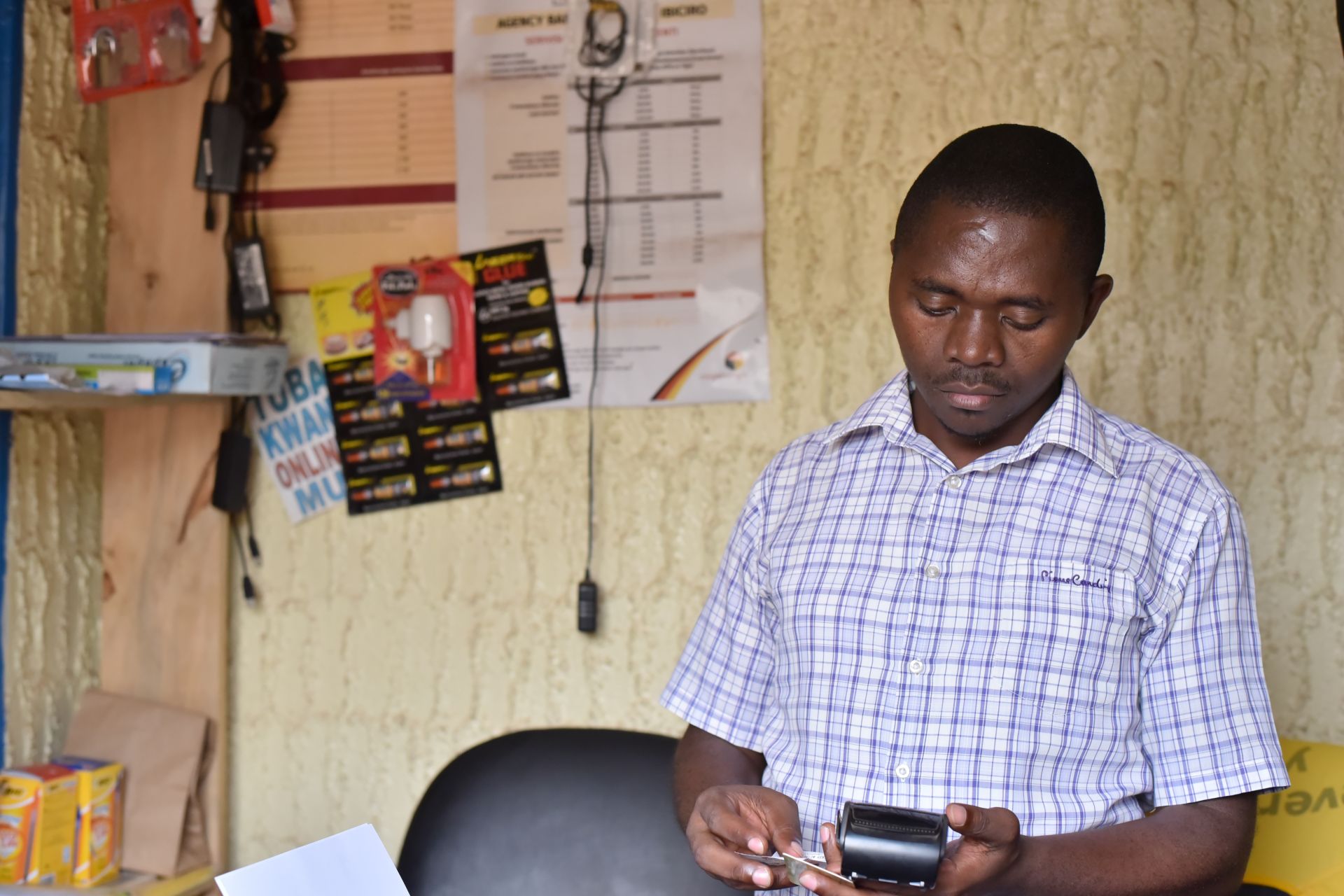
News
It is all about trust!
by Sabine Mensah, Deputy CEO AfricaNenda - 2 August 2023
In 2022, AfricaNenda’s State of Inclusive Instant Payment Systems (SIIPS) report on Africa highlighted how inclusive instant payment systems (IIPS) have emerged as a powerful enabler to promote digital payment adoption and usage by making daily transactions more secure and less costly. The SIIPS 2023 report, expected in November this year, will build on that foundation and focus on how to effectively boost adoption and usage of digital payments. Payment transactions and value exchanges are integral to our daily lives. However, the latest World Bank Findex report reveals that 45 percent of adults in Sub-Saharan Africa still do not engage in digital transactions. Though progress has been made, it is crucial to understand the barriers to adoption and move beyond occasional usage to more effective and widespread usage. In 2021, 29 live instant payment systems processed nearly 16 billion transactions worth close to $1 trillion in Africa, with an average annual growth rate of 32 percent in transaction volume since 2018. The rapid growth observed in recent years shows how transformative instant payment infrastructure can be in Africa's journey toward inclusive digitalization.
The SIIPS report is anchored in better understanding customer behavior related to accessing and adopting digital payments. In 2022, AfricaNenda conducted extensive research involving individuals and MSMEs in seven countries: Democratic Republic of Congo, Egypt, Ghana, Nigeria, Kenya, Tanzania, and Zambia. From these different country contexts common threads emerged: adoption of digital payments is not linear. For early adopters, there was a consensus that digital payments offered benefits such as cost savings, enhanced convenience for remote transactions, and reduction of cash-related risks such as counterfeit currency and theft. Additionally, they appreciated the traceability and visibility of using digital payments. However, many consumers still faced barriers to the use of digital payments; among these were lack of mobile phone ownership, inadequate network coverage, limited access to agents or Cash-In Cash-Out infrastructure, and fear of fraud. Based on the results of the 2022 consumer research, three country clusters emerged. Emerging countries, such as Nigeria, Tanzania, and Zambia grapple with low to moderate adoption rates. For others in the nascent cluster, such as Egypt and Democratic Republic of Congo, both adoption and habitual usage were at relatively low levels, whereas Kenya and Ghana stood out as comparative success stories in terms of adoption and habitual usage.

Unpacking the trust factor
One common hurdle stood out: trust. Trust is not easy to secure. Our consumer research shows that trust-related challenges encompass various aspects:
Individuals lacking trust in their own ability to master technology, often stemming from low literacy levels, limited awareness, and a lack of understanding of how digital payments work. Alarmingly, this lack of self-trust is particularly prominent among vulnerable groups, such as women and the elderly.
Word-of-mouth within social circles plays a pivotal role in shaping trust. Individuals who are uncertain about embracing digital payments find it difficult to trust without the endorsement of those around them. Sometimes, even a single negative experience within the community can discourage others.
Lack of trust in payment providers and their agents further hampers adoption. For instance, a bank crisis in the Democratic Republic of Congo in 2018 has left consumers reluctant to embrace digital payments due to fears of financial losses. Agents, who play a crucial role in onboarding and facilitating transactions, are viewed with suspicion, because they often have access to sensitive personal information. Female respondents feel vulnerable in such situations.
In addition, concerns about fraud, social engineering, and phishing scams erode trust further. In Cameroon, users reported abandoning digital payments or quickly cashing out their funds to avoid falling victim to fraudulent activities. Often, consumers do not feel that they have effective recourse, should they fall victim to such activities.
Building user trust is a non-negotiable to enable broader and deeper digital payment adoption in Africa. But how?
The consumer research points to important design considerations for inclusive instant payment system (IIPS) schemes:
- Real recourse: Enable effective recourse mechanisms and consumer protection, tailored to the dynamics of the local market.
- Empowering users: Communicate on the benefits of digital payments and educate consumers on how to use digital payments confidently and safely.
- Reduce the room for error: Implement beneficiary detail confirmation services and instant verification of recipient details and transaction confirmations to help reduce errors.
- Systemic trust: Ensure the integrity of payment service providers, that there are clear conduct rules for agents, and strict regulation for handling personal data.
By understanding the challenges and opportunities in the digital payment landscape through consumer research, stakeholders can collaborate to develop a scalable digital payment ecosystem that squares with customers’ realities. To actively engage in these discussions and gain valuable insights, we encourage you to register and attend the SIIPS – Africa 2023 event, scheduled for November 8th in Addis Ababa. Here, the latest developments in the landscape of IPSs in Africa will be highlighted, along with actionable recommendations for fostering inclusivity and overcoming adoption challenges.
Our next blog will delve deeper into the transformative impact of IPS on people's lives and livelihoods. Stay tuned!


